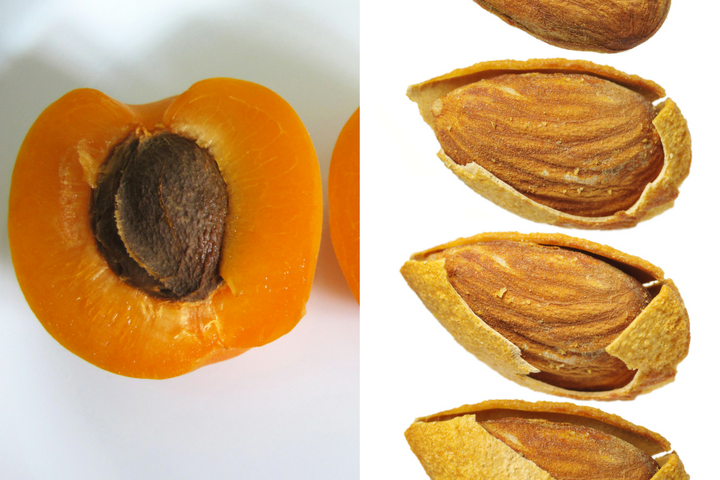Health Canada has issued a warning over the consumption of bitter apricot kernels or seeds, which it says could lead to acute cyanide poisoning.

The health agency explains that it recently learned some Canadians are eating the seeds as snacks.
Here’s what to know about the warning
There are two types of apricot kernels — sweet and bitter. The latter contains amygdalin, which is often marketed as vitamin B17, and can release cyanide after it is eaten.
Cyanide poisoning can cause symptoms such as weakness, confusion, shortness of breath. Traces can be found in several foods such as sweet potatoes and some beans, but small amounts are detoxified once eaten.
READ MORE: Health Canada warns against health product over cyanide risk
Health Canada notes that several kernels would have to be eaten to cause a reaction. It urges Canadians to limit their consumption — if they still choose to eat them — to three kernels a day.
WATCH: Health Canada looking to regulate personal care products

Where are apricot kernels sold?
While those eating apricots typically throw out the kernels found in the centre, they can be used in other ways. The dried kernels are sold at health food stores and online.
The health agency explains that they are more commonly sold at Asian grocery stores, so consumers should be careful to identify the product if the labelling is in another language. They may also be mislabelled as almond seeds, or dried almonds. It also notes that in French the word for kernel is “amande,” which resembles almonds.
READ MORE: Green tea extract may cause liver damage, Health Canada warns
In some cases, the kernels are even falsely attributed to curing diseases such as cancer, Health Canada explains. Other times, they are used to add flavour to other foods.
WATCH: Maple Leaf recalls frozen chicken breast strips after reports of illnesses

What do they look like?
Health Canada also cautions that apricot kernels look similar to other foods, such as almonds and plum seeds, which can cause confusion.
Here is a closer look:
The agency says bitter kernels are typically paler in colour than almonds. While sweet and bitter apricot kernels look the same, bitter ones are typically labelled as “north almonds,” and sweet as “south almonds.”
Because of the risks and confusion over labels, Health Canada explains it is currently reconsidering how the kernels should be sold in the country.
- B.C. to ban drug use in all public places in major overhaul of decriminalization
- 3 women diagnosed with HIV after ‘vampire facials’ at unlicensed U.S. spa
- Solar eclipse eye damage: More than 160 cases reported in Ontario, Quebec
- ‘Super lice’ are becoming more resistant to chemical shampoos. What to use instead





Comments